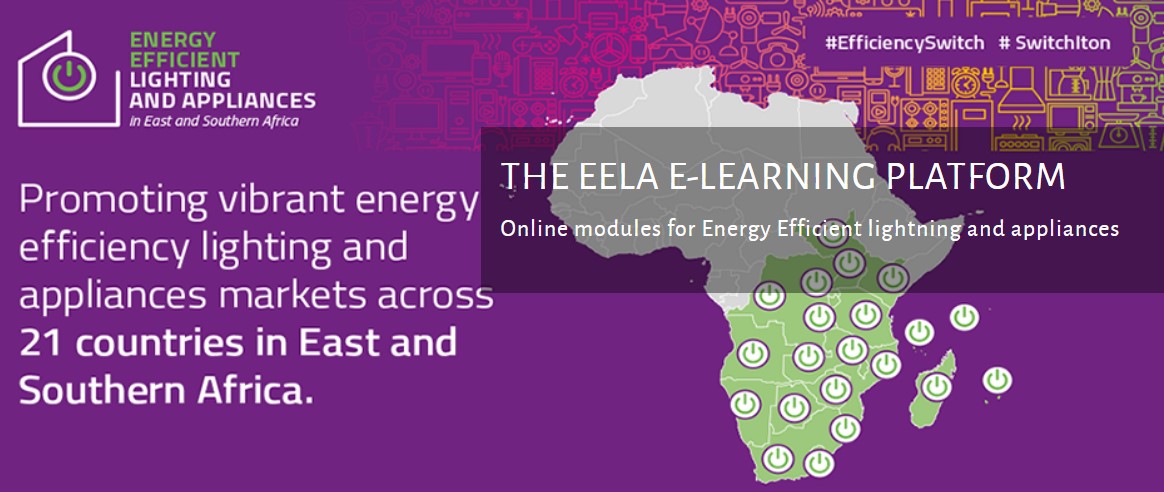Advancing Solar Thermal Energy Standards in East Africa: Regional Training and Consultation Sessions Lay the Foundation for Quality Infrastructure Implementation
Kampala, Uganda – 13 June, 2025
Policymakers and technical experts from the Ministries of Energy and the Standards bodies from across the East African Community (EAC) gathered from June 11-12 for a pivotal virtual Training and Consultation Session on the Regional Quality Infrastructure (QI) Framework for Solar Thermal Technologies. This marks a significant milestone in the region’s pursuit of harmonised clean energy standards and certification systems.
The East African Centre of Excellence for Renewable Energy and Efficiency (EACREEE) hosted the virtual session in collaboration with the International Solar Alliance (ISA) and UNIDO. A two-day event aimed at building institutional capacity and gathering feedback for the implementation of the framework under development.
The training session, held on 11 June 2025, provided a deep dive into:
- The outcomes of the regional baseline assessment on QI readiness
- The structure and operational model of the Regional Solar Thermal QI Framework
- The phased implementation roadmap, including national clustering and pilot certification plans
Participants explored how the framework addresses regional gaps in standards, metrology, testing, certification, inspection, and accreditation, while aligning with international best practices such as SHAMCI and Solar Keymark schemes.
The following day’s consultation session (12 June 2025) provided a platform for open dialogue, enabling national stakeholders to:
- Discuss their countries’ readiness and needs for implementation
- Reflect on governance roles, including the coordination structure and certification mechanisms
- Identify opportunities to participate in pilot programs and nominate focal institutions
- Share feedback on regional coordination and stakeholder engagement
The sessions reaffirmed the region’s growing momentum toward establishing a harmonised, high-quality market for solar thermal technologies. As national representatives reflected on their pathways to adoption, strong emphasis was placed on building institutional trust, consumer confidence, and long-term policy alignment.
“This process is about more than just standards, it’s about empowering our countries to build \trusted and resilient solar thermal markets,” said Mr. Yunus Alokore, Technical Expert at the East African Centre of Excellence for Renewable Energy and Efficiency (EACREEE), in his opening remarks. “This framework, once completed, will help ensure that East African consumers, industries, and governments benefit from high-quality and certified solar thermal solutions.”
At the same time, the success of this framework will depend on sustained support and collaboration from regional and international development partners. Their role is crucial in catalysing implementation, fostering institutional development, and bridging technical gaps during early adoption phases.
“We are proud to support EACREEE and the EAC Partner States in strengthening its institutional role within the GN-SEC platform through the STAR-C project,” added Mr. Noah Asinge, Project Associate at UNIDO.
The sessions concluded with clear calls to action for national and regional institutions to:
- Align work plans with the implementation roadmap
- Nominate national focal points to coordinate solar thermal QI activities
- Actively engage in pilot testing, certification, and regional peer learning
These efforts mark a critical step in the region’s commitment to building robust, harmonised, and sustainable solar thermal markets that deliver trusted solutions to citizens and industries alike.
This activity is part of the project titled “Development of Regional Quality Infrastructure Frameworks on Solar Thermal Energy for the East African Community (EAC) and the Economic Community of West African States (ECOWAS)”. The project aims to identify and evaluate existing quality infrastructures for solar thermal energy products and services in both regions.
With financial support from the Government of France, the project is implemented under the framework of “Structuring of an International Network of Solar Technology and Application Resource Centres (STAR-C)”, a joint initiative of the International Solar Alliance (ISA) and the United Nations Industrial Development Organization (UNIDO).
For more information:
Contact the East African Centre of Excellence for Renewable Energy and Efficiency (EACREEE)
Email: info@eacreee.org
STAR-C website https://starc-project.org







